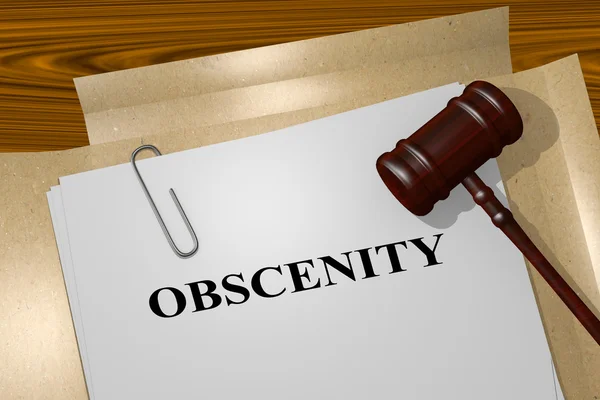
Obscenity and nudity are not always synonymous: Kerala High Court
- Top Stories
- June 7, 2023
- No Comment
- 1467
Obscenity and nudity are not always synonymous: Kerala High Court
The Kerala High Court ruled on Monday that Rehana Fathima’s act cannot be characterised as a real or simulated sexual act and that society’s default view that the naked upper body of a female is sexualized in all contexts is unfair and discriminatory. Rehana Fathima was facing charges under the POCSO (Protection of Children from Sexual Offences Act) case for allowing her children to paint her semi-naked body.
The Hon’ble High Court observed that, “The right of a woman to make autonomous decisions about her body is at the very core of her fundamental right to equality and privacy. It also falls within the realm of personal liberty guaranteed by Article 21 of the Constitution.”
Brief Facts of the Case
Fathima was charged under POCSO and the Juvenile Justice and the Information Technology (IT) Acts for releasing a video in which her minor children were involved.
The 33-year-old activist was released from the case by Justice Kauser Edappagath on the grounds that it was “harsh” to characterise such a “innocent artistic expression” as the use of a kid in a real or simulated sexual act and that it did not constitute child pornography.
After a trial court denied Fathima’s request to have the continuing lawsuit dismissed, the High Court made its decision. In her appeal, Fathima argued that the act was intended to make a political statement because women’s upper bodies are always sexualized but men’s upper bodies are not.
Observation
The court accepted her argument and stated that Fathima’s goal in distributing the film was to “expose this double standard prevailing in society.”
Due to Fathima’s exposure of her upper body in the film, the prosecution referred to the act as “obscene” and “indecent” and argued that it violated moral standards held by the general public. The court, however, disagreed, stating that “nudity and obscenity are not always synonymous.”
The Court observed that, “It is wrong to classify nudity as essentially obscene or even indecent or immoral.”
It was further observed that, “There is nothing to show that the children were used for pornography. There is no hint of sexuality in the video. Painting on the naked upper body of a person, whether a man or a woman, cannot be stated to be a sexually explicit act.“
The court ruled against the prosecution’s moral argument, and stated that, “morality and criminality are not coextensive. What is considered as morally wrong is not necessarily legally wrong.”






